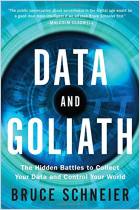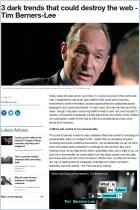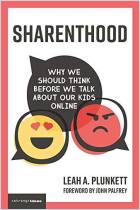Asserting that “privacy is dead” is popular, but it overstates the reality. Today’s computerized world generates digital data about each person, and corporations and governments widely collect, analyze and use it. Even so, people care about their privacy and often manage to keep many facets of their individual lives private. Author Neil Richards, a privacy law professor, explores how society could control and regulate the way various parties obtain, retain and disseminate personal information, and whether there is a correct path – given, as the professor explains, that privacy is ultimately about power.
Privacy is measured by the extent to which human information remains unknown and unused.
The world is inundated with information about people, from their emails, internet searches, social media activities and just about everything else they do. When government agencies, corporations and public health institutions obtain this information – often in the routine course of doing business – they collect, analyze and organize it to shape public policy and market products and services.
Even as people amass personal information on their smartphones and other devices, they manage to keep many aspects of their lives private – and they regard privacy as important.
Although many legal documents cite the right to privacy – including the European Union Charter of Fundamental Rights and Europe’s General Data Protection Regulation (GDPR) – human information privacy is difficult to define. One basic definition delineates privacy as “the degree to which human information is neither known nor used.” Privacy pertains to information about people, not about commodities or, for that matter, about the universe. Your ...
















Comment on this summary or Start Discussion